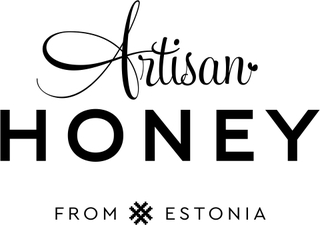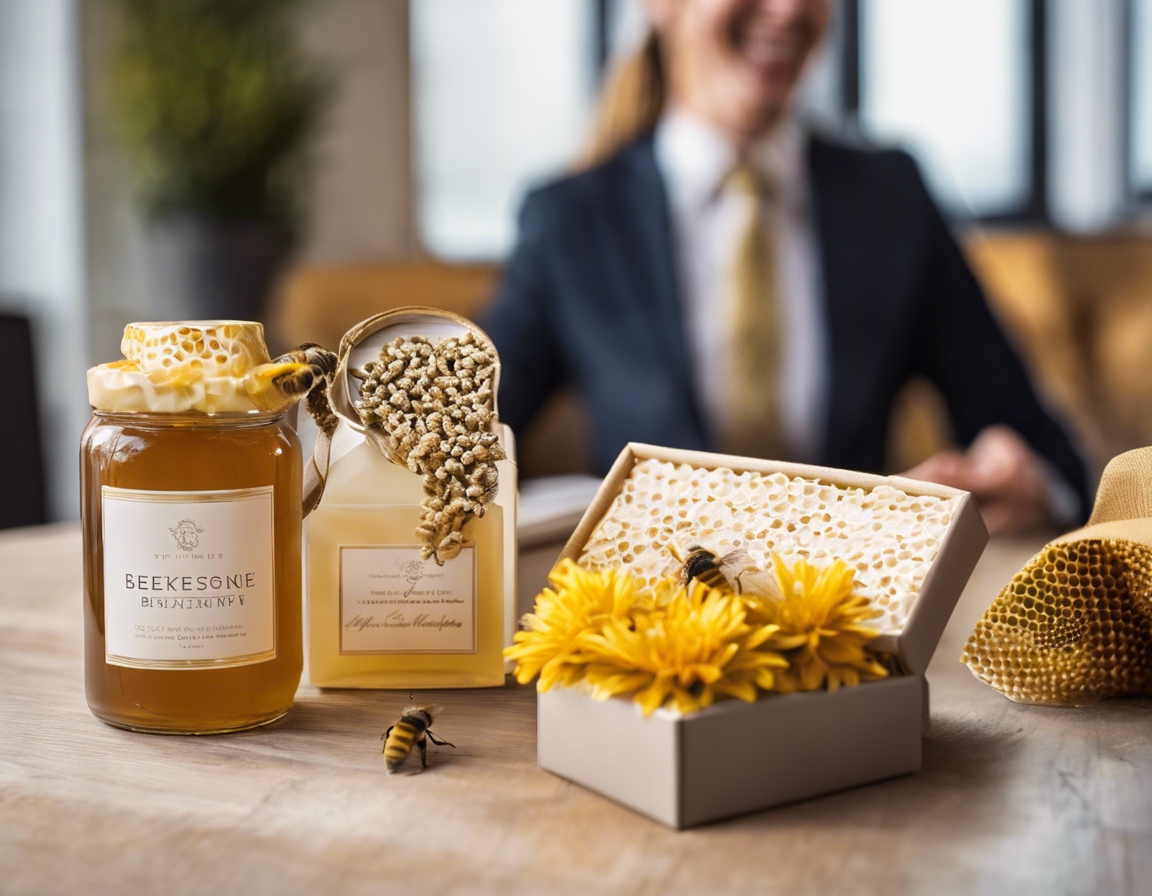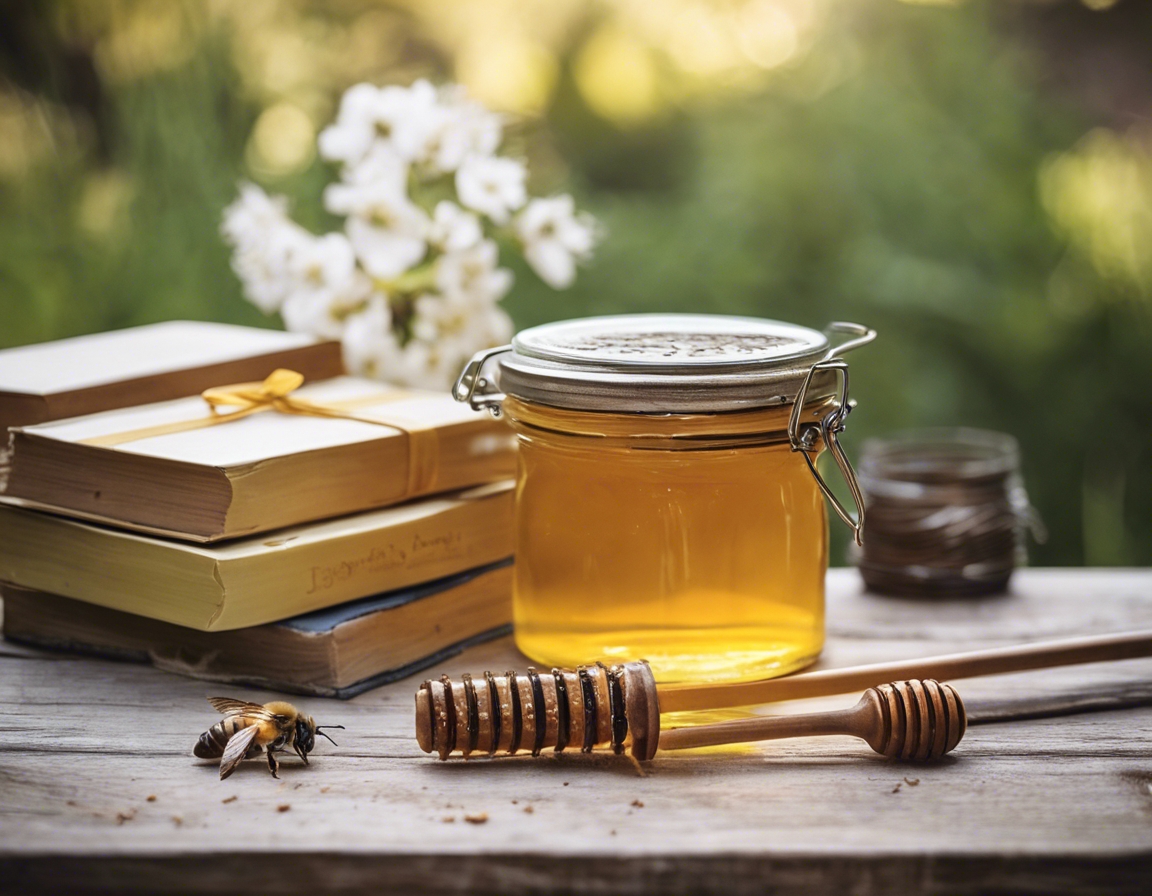The art of beekeeping: a journey from hive to home
Beekeeping is an ancient practice that marries the natural wonder of bees with the human desire for their golden elixir, honey. It's a journey that requires patience, knowledge, and a deep respect for nature's master pollinators.
Bees play a crucial role in pollinating plants, which is essential for the production of fruits, vegetables, and nuts. Without bees, our food supply would be severely threatened.
Beekeeping, or apiculture, is the maintenance of bee colonies, typically in man-made hives, by humans. It involves the careful management of bees for the production of honey and other products such as beeswax, propolis, and royal jelly, as well as for pollination services.
The Beekeeper's Year
As the chill of winter fades, beekeepers prepare for the bustling activity of spring. This is a critical time for the colony's survival and growth.
Summer is the height of the beekeeping season, with hives teeming with activity. It's the time for monitoring the health of the colony, preventing swarming, and, of course, honey production.
As the days grow shorter, beekeepers help their hives get ready for the colder months, ensuring they have enough food and are protected from the elements.
Winter is a quieter time in the bee yard, but it's an important period for maintenance and planning for the upcoming season.
Understanding the Hive Structure
The queen bee is the heart of the hive, responsible for laying eggs and the genetic makeup of the colony.
Worker bees are the all-female force behind honey production, foraging, brood rearing, and hive maintenance.
Drones are the male bees, whose primary role is to mate with a virgin queen, ensuring the survival of the hive's genetics.
Harvesting Honey: From Hive to Home
Regular inspections are vital to assess the health of the colony, check for diseases, and determine when it's time to harvest honey.
When the time is right, beekeepers carefully collect the frames of honeycomb from the hive, taking care not to harm the bees or the queen.
The collected honeycomb is then extracted, strained, and bottled, preserving the natural flavors and nutrients of the honey.
Sustainable Beekeeping Practices
Organic beekeeping emphasizes the health of the bees and the environment, avoiding the use of synthetic chemicals and antibiotics.
Sustainable beekeeping also involves practices that support the local ecosystem, such as planting bee-friendly flowers and avoiding pesticides.
The Health Benefits of Honey
Honey is a healthier alternative to refined sugars, providing a rich source of antioxidants and nutrients.
For centuries, honey has been used for its medicinal properties, including its antibacterial and anti-inflammatory effects.
Artisan Honey: A Taste of Tradition
Artisan honey, like that of ARTISAN HONEY OÜ, is produced in small batches, ensuring quality and a unique flavor profile that reflects the local flora.
Artisan honey can be paired with a variety of foods, enhancing flavors and adding a touch of sweetness to any dish.






Comments (0)